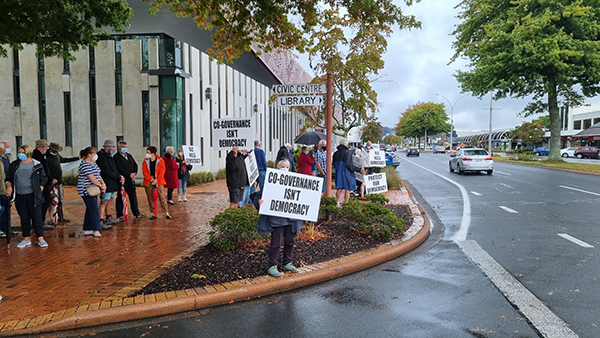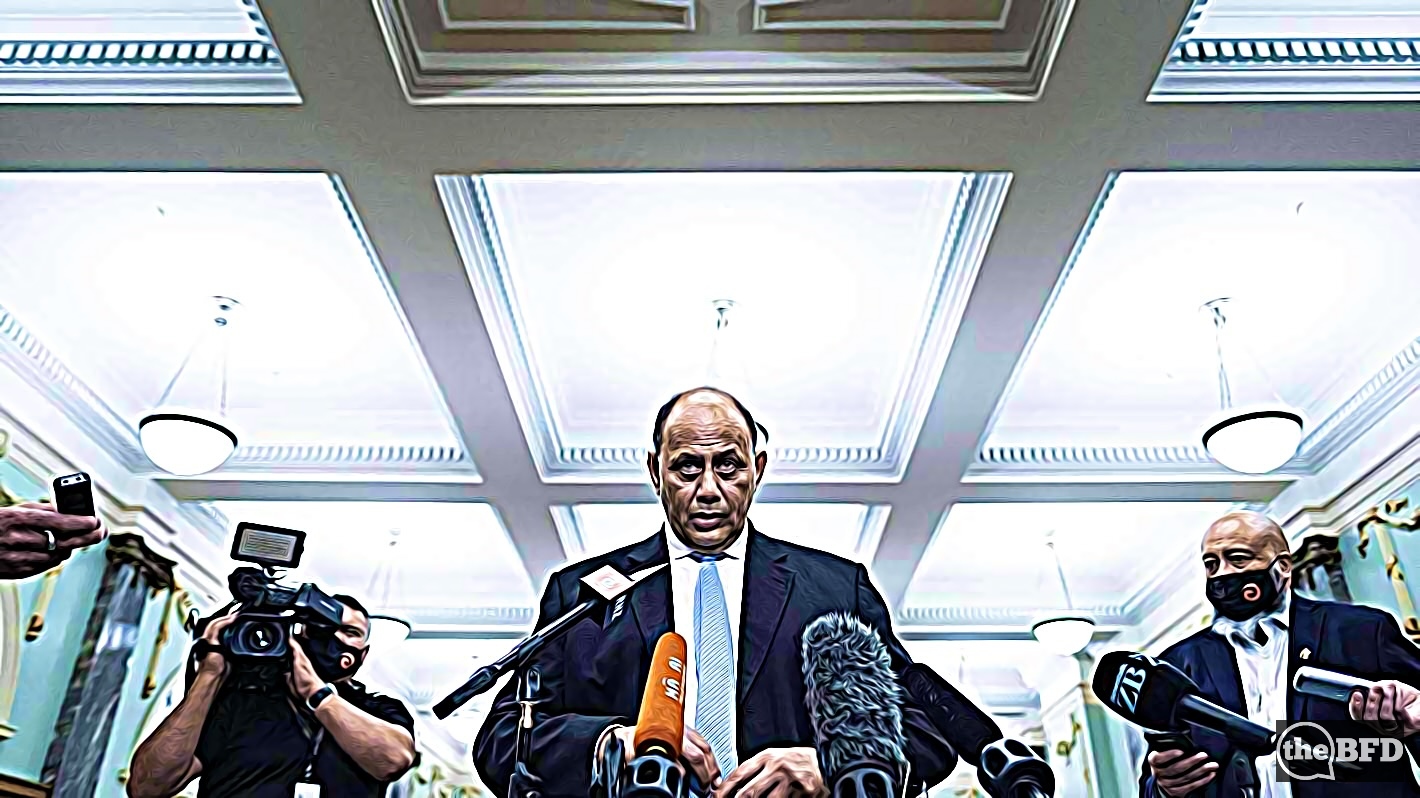This opinion piece was offered first to the Christchurch Press and the NZ Herald. Both declined to publish it.
Paul Goldsmith
National’s Justice Spokesperson
Labour’s Maori Development Minister, Willie Jackson, infamously said on Q&A last month that the nature of our democracy has changed. And he was being serious.
The current Labour Government appears to be reluctantly walking back its support for the undemocratic Rotorua District Council Bill, which would have swept away the principle of equal voting rights for all New Zealanders in the district.

They didn’t really have a choice after their own Attorney General pointed out that it is discriminatory and in breach of the Bill of Rights.
But Labour is pressing on with the equally undemocratic Canterbury Regional Council (Ngai Tahu Representation) Bill.
Under this Bill, which has passed its second reading, the people of Canterbury would elect 14 councillors. Everyone gets a vote – Maori, Pakeha and everyone else. And then something extraordinary happens. Ngai Tahu appoints two more councillors. No voting and no election.
This is not a Maori ward, allocated proportionately to the population – remember Maori Cantabrians have already had their vote like everyone else. It is an appointment by an independent entity – Ngai Tahu. Something like the English aristocracy of old, or the Fijian Great Council of Chiefs.
Ministry of Justice advice to the Government on the Bill points out that this clearly discriminates against non-Maori. Yet extraordinarily, the Ministry also says in a couple of loose paragraphs that the Treaty justifies this change.
This is a dramatic and radical change to the way we choose our government in New Zealand. When did we, as a country, decide that the Treaty trumps democracy? We haven’t.
The idea of equal suffrage – equal voting rights, regardless of gender, class and ethnicity – has been a pillar of our democracy for decades. All New Zealanders should have an equal say in who governs them; an equal say in appointing the people that make the decisions that affects their lives.
Equally fundamental to our system is the ability to throw poor performers out at the next election – that is the bedrock accountability in our democracy. But not under this Bill. Ngai Tahu’s representatives could never be thrown out.
These concepts – equal voting rights and accountability at the ballot box – are basic to our democracy and precious. Sadly, they are becoming rarer in an increasingly authoritarian world.
Why this Labour Government thinks they can casually move away from these principles without discussion by supporting a Local Bill is beyond me. Where are the legal profession; the constitutional experts, the Human Rights Commission, the usual noisy crowd? The silence is deafening.
To those who say this is just a special acknowledgement of Ngai Tahu in dealing with a council that has a lot to do with natural resources – I say, get real.
If passed, the argument will surely be extended to every other regional council, then unitary councils, then the rest.
If we as a country no longer think that equal voting rights apply at one level of government, pressure will build for change in national elections.
I can’t think of a more divisive agenda for any government to run.
We recognise the burden of history, but no past injustices are fixed by undermining something that makes this country the great place it is – preserving the pillars of our open democracy.
That’s my view.
And I would guess that most other people also have the expectation that living in a democracy, their voice is as acceptable and powerful as anyone else’s.
If Jacinda Ardern and her government Ministers no longer think that Kiwis should have equal voting rights, then they should make the case and ask New Zealanders whether they agree.
It would be a constitutional outrage to use a transitory parliamentary majority to set a precedent that changes the nature of our democracy so dramatically, without asking the people first.

